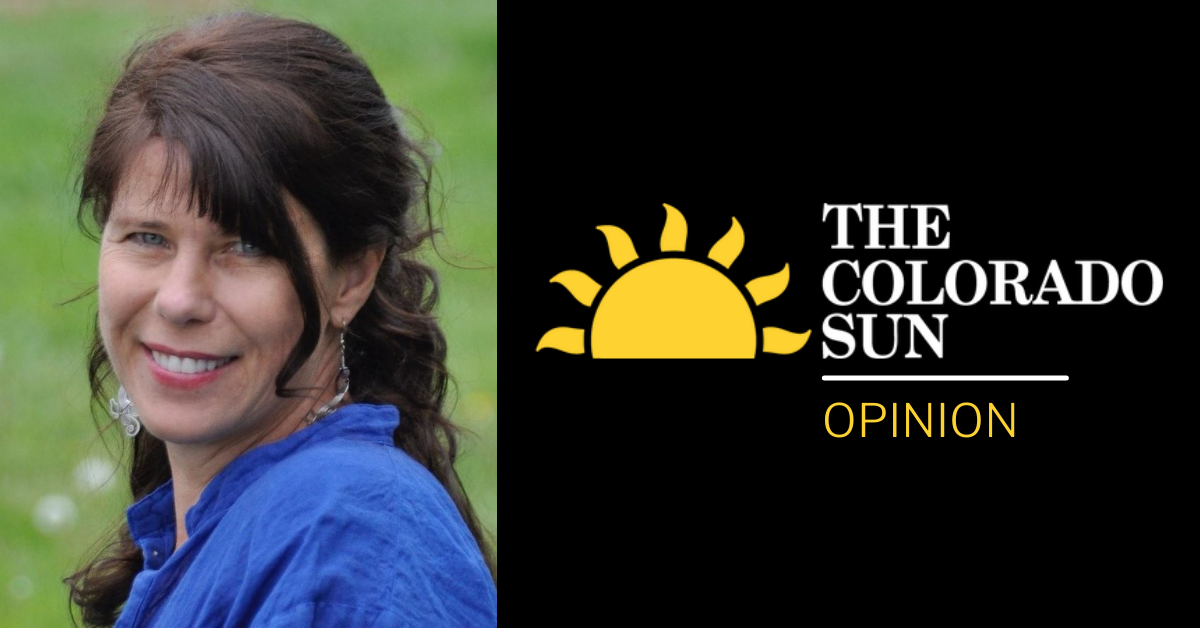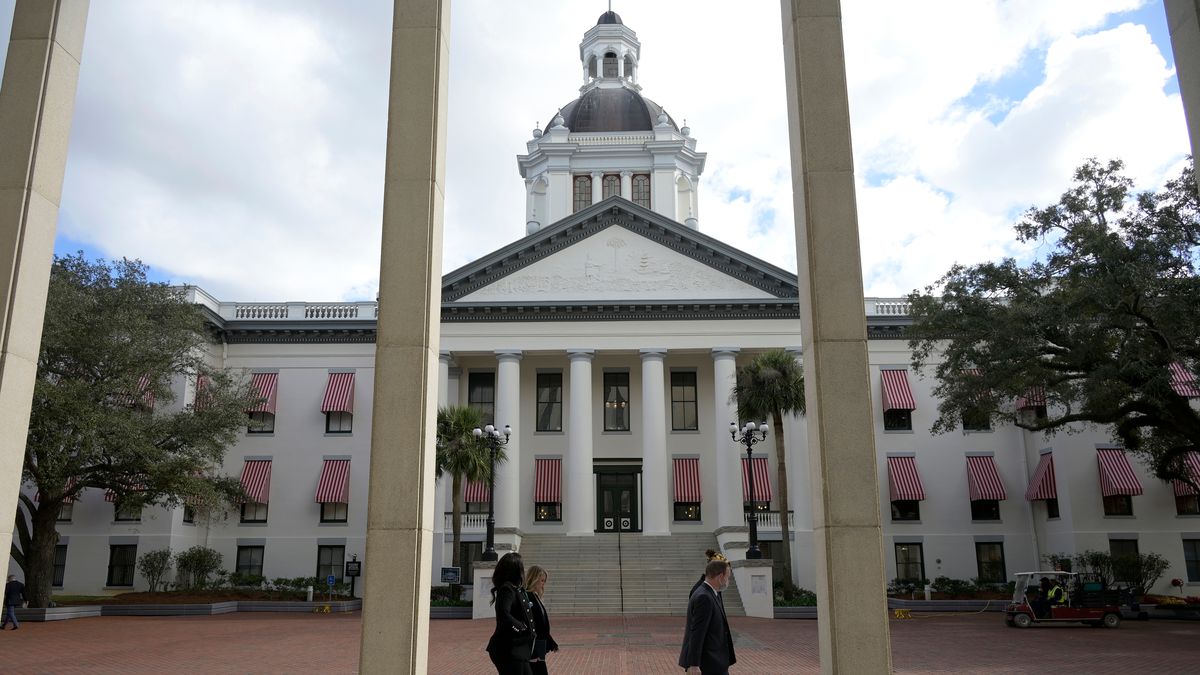[ad_1]
Everybody seems to be sick. Everybody. Friends, family, students, children, peers. RSV, influenza, COVID. Old bastards like cancers, new bastards like brain fog. There are painful tales of sudden painful weeks with painful new symptoms. Other tales of woe about long COVID, which is a category I fall into: Still dealing with crapola of my bout with COVID six months ago, and the vaccines before that, leaving me with strange heart palpitations and menstrual hell and headaches, and now dealing with later-onset symptoms, such as what might be Meniere’s Diseasebouts of dizzy with a badly-played two-tone violin in my left ear.
The weight of all this is exhausting — the emotional as well as the physical. To say nothing of the time spent. Surely most of us can relate: Time spent worrying, or revamping teaching lessons or classes or work, or canceling travel plans, or texting friends to see if they need soup, or doctor-googling articles so as to bone up on things we once knew nothing about, such as cytokine storms and POTS and brain inflammation and arrhythmias.
I have probably been to my family practice doctors more in the past six months than in the six years previous, and all with vague things that make me feel like a hypochondriac, even though I don’t believe this to be the case, and the docs don’t seem to, either (either that or they have the patience of saints). Yet the doctors at the practice seem exhausted too, weighted, and I hate to bother them with things like a ringing ear, and yet I hate to be left wondering what’s going on and how serious it is and if there’s any way to get the bad violin player to stop.
Some of this stuff — no, most of this stuff — is hard to discern: Maybe it’s middle age, or perimenopause, or effects of COVID, or just weird ears and upset hearts, but regardless, a few of these symptoms are a real drag, and my personal worry, of course, is that they’re not just a drag, but a sign of something that could kill me, and ya know, I don’t want to die. I know I need to — it being part of the human condition and all — but I’d like to not go yet. And I don’t know certain things such as: Just how much flip-flopping is a heart supposed to do in that chest cavity it calls home? I just have no experience.
And on top of that, our flip-flopping hearts have a lot of heartbreak going on in them, too. Upon hearing stories of friends’ sick kids and sick parents or sick students — jeez, it’s heavy. This damn pandemic is weighing us all down. And this winter seems to be the worst.
Which is why I herded some family and friends to Mexico: Not taking time and health for granted anymore was foremost in my mind. So was the possibility of spreading or getting germs, of course — every decision now is fraught with impossible and exhausting decisions. But one thing for certain: Life is short and I no longer take a stretch of healthy-feeling days for granted. As if reading that mind, a guide said, “The day you take something for granted, your heart has been bitten by a scorpion.”
I nodded. Sounds about right. We were in the jungle looking at petroglyphs because, yeah, nothing like suffering to reacquaint you with the need to live it up while you can. This is one trip I wanted to do before I die. I’ve been very clear on that for years: If I find myself on a deathbed soon, one of my top regrets would be not getting this one particular trip to happen.
And so here we find ourselves — finally! — my children grown and free of school schedules and at an age when they could muster the commitment to go. As the guide instructed us how to pull the bark of palm nuts off with our teeth, so as to chomp on the inner part, I considered how there’s a particular rare mixture of 1) feeling good and healthy enough to travel, mixed with 2) time for travel.
That combo seems so precious, more rare than I would have thought a few years ago. Each month of this pandemic, I’ve become more accustomed to thinking about death, or serious debilitating injury, and trying to make conscientious decisions about how to balance long-term needs with the need to enjoy life now. I don’t want to be dramatic — I’m not planning on dying soon — but really, one never does know.
I know I’m privileged to be able to go on such a trip, though I would also point to a tight budget and careful planning, and in lieu of some store-bought holiday gift, I wanted to lighten heart burdens and encourage wonder and connection. I figured that travel contributes to not only our neuroplasticity but my family’s plasticity as we evolve. Kids just out of college, I want to build a pathway of adult exploring, or, at the very least, to have this one moment together as a solid shared memory, should something go wrong.
Up until the last day before our departure, I worried a COVID test would turn positive, or someone would come down with a fever. But we masked up and made it. And indeed, as I write this, watching them at the beach, I can tell it’s been the trip I wanted. They seem happy, and while my ear is still buzzing with bad violin, I am happy, too. The evidence of a good decision is there in small moments, when we lapse into silence at a sunset, or ooh-ahh at petroglyphs. Such small moments, yet so huge.
Sure, we might get back and lapse into taking things for granted again — maybe even our health and our time (the two that seem, oddly, the easiest to assume). But I’d like to think not. I feel just unsteady enough to believe that COVID and other sicknesses will keep reminding us: Real wealth is health and time — and they should not go unnoticed or unspent.
Laura Pritchett is the author of five novels and winner of the PEN USA Award for Fiction, the WILLA Award, the Milkweed National Fiction Prize, the High Plains Book Award, and several Colorado Book Awards. She directs the MFA in Nature Writing at Western Colorado University. More at www.laurapritchett.com.

[ad_2]
Source link




